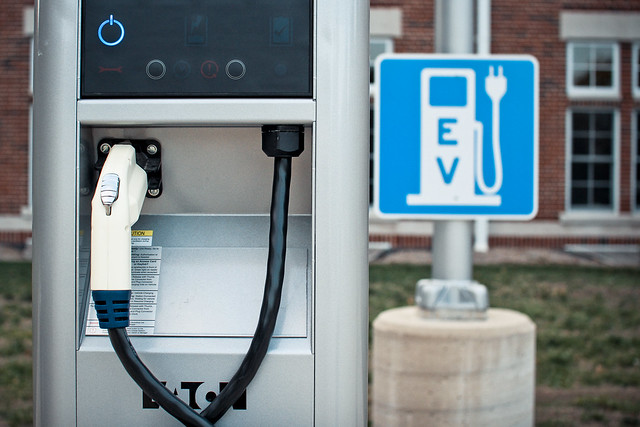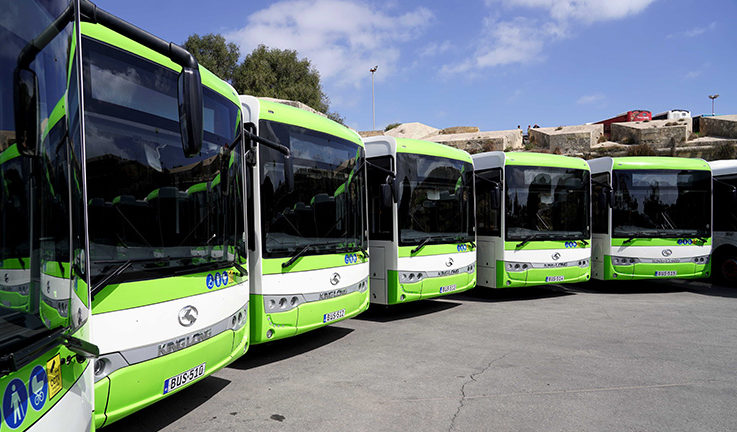
Photo: RedBoy [Matt] Flickr
Northern English cities launch EV infrastructure vision
15 November 2022
by Christopher Carey
Transport for the North (TfN) – the sub-national UK transport body that covers cities including Manchester, Liverpool, Newcastle and Leeds – has launched a regional Electric Vehicle Charging Infrastructure (EVCI) Framework.
Aimed at boosting the use of EVs in the north of England, TfN is using a data-driven approach to capture road user, socio-economic, land use and housing data in one place to provide a comprehensive overview of EV charging needs across the region.
The body says up to 161,000 electric vehicle charge points will be needed across the north by 2030 to ensure the successful take-up and use of EVs. There are currently around 8,000.
“Our evidence is clear that we must act now if we’re to roll out the EV charging infrastructure needed to support our decarbonisation, economic, and inclusivity ambitions,” said Martin Tugwell, Chief Executive of Transport for the North.
“Our aim is to offer a fully integrated assessment, one that accounts for the large proportion of trips which are ‘cross-boundary’ as well as looking at how our roads and charging networks can cater for the full range of journeys being made to, from and within our region.”
Transition
TfN’s analysis indicates that up to 470 charge point installations are required per week between now and 2025, with this rising to up to 620 installations per week between 2025 and 2030.
“Electric vehicle uptake is rapidly increasing, with no new petrol and diesel cars and vans sold in the UK by 2030,” added Tugwell.
“Over the next decade we will need to see a rapid transition to EVs and Zero-Emission Vehicles (ZEVs), and this requires significant investment in the charging infrastructure if we are to decarbonise transport.”
Working with transport and energy partners through its regional EV Steering Group, TfN has developed the EVCI Framework to support local, regional and national partners in the strategic planning and deployment of EV charging infrastructure. The framework aims to inform and enhance delivery through partnership with the private sector.
EV demand
According to the Society of Motor Manufacturers and Traders, approximately 15 percent of new vehicles sold in the UK this year were EVs, with several million expected to be on the road by the middle of the decade.
But several factors could potentially derail this, including the high cost of EVs, lack of infrastructure and shortage of lithium-ion batteries.
A potential vehicle excise duty on EVs – set to be announced in this week’s Autumn Statement – could also dampen demand.
Last year the UK Treasury warned that “new sources of revenue” would be needed as the country switches to EVs.
It said that reaching the UK’s 2050 net zero carbon target could lead to a drop in revenue from five motor-related taxes: fuel duty, vehicle excise duty, landfill tax, the carbon price floor and the emissions trading scheme.
RedBoy [Matt] Flickr











